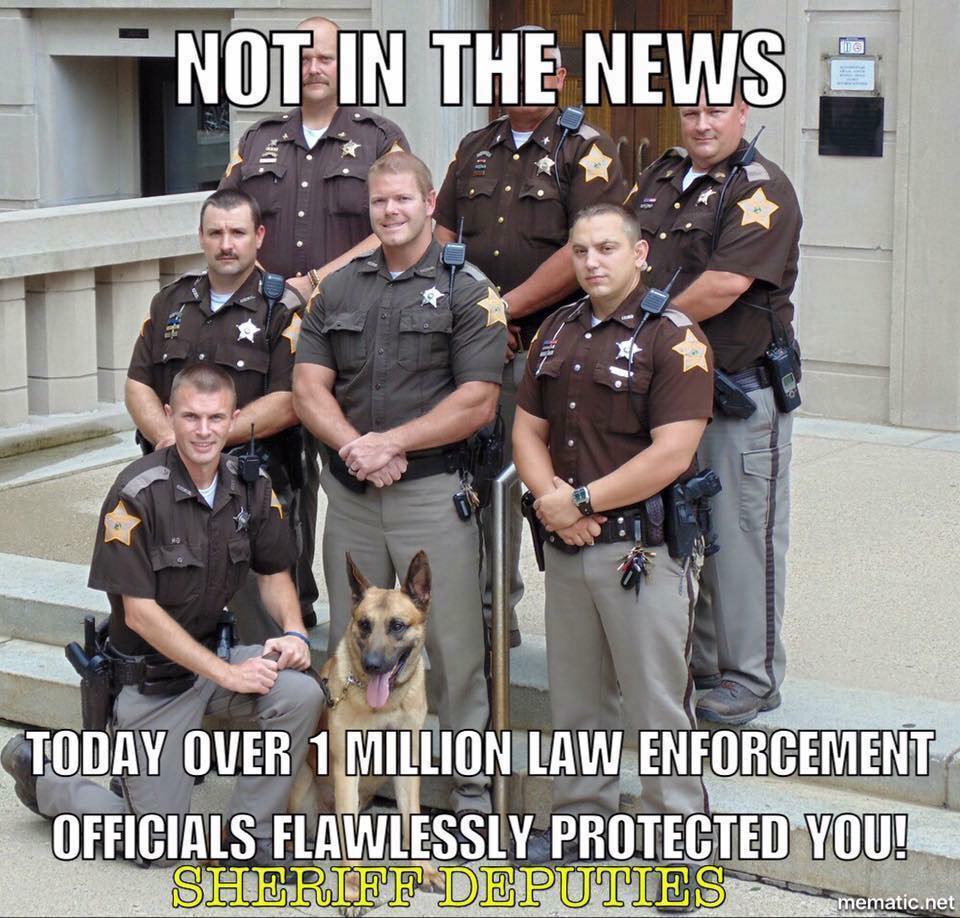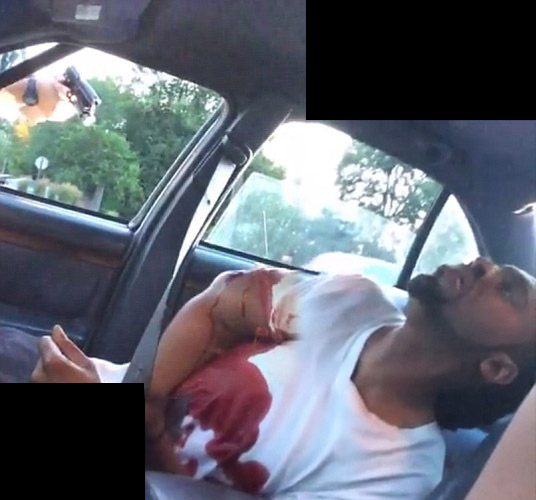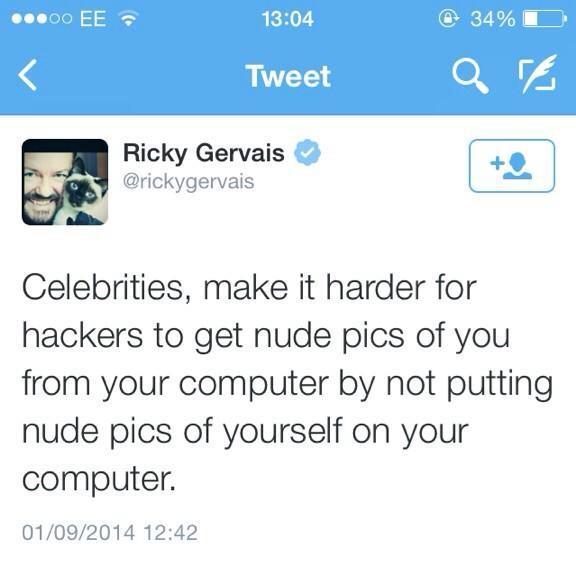Obama got the gun question at a town hall meeting:
Knowing that we apply common sense to other issues in our society, specifically like holding irresponsible people accountable for their actions when they drink and drive and kill somebody, and we do that without restricting control of cars and cells phones to the rest of us, the good guys, why then do you and Hillary want to control and restrict and limit gun manufacturers, gun owners and responsible use of guns and ammunition to the rest of us, the good guys, instead of holding the bad guys accountable for their actions?
And Mr. President if I may, I would like to use Chicago your hometown, a city that has the strictest gun laws in the nation, a city that for decades and still is under Democratic control, a city that has an outrageous and even embarrassing murder rate, as my first example. Why can’t we round up these thugs, these drug dealers, and gang members, and hold them accountable for their actions, or allow the good people in Chicago access to firearms to protect themselves?
If you watch the video below, you’ll see Obama’s reaction, and it’s a good one—he makes several points about gun control which are very reasonable—but he does not answer some of the key right-wing lies about guns and gun control in the United States.
Let’s review this question from top to bottom.
Knowing that we apply common sense to other issues in our society, specifically like holding irresponsible people accountable for their actions when they drink and drive and kill somebody, and we do that without restricting control of cars…
The argument he is giving is a common one amongst gun advocates: for everything else, we punish people for improper actions; we do not restrict prior to that improper action.
We don’t have car control, so why do we have gun control?
However, the fact is, there are far more controls and restrictions to cars than there are to guns.
With a car, you often have to go through extensive training and testing, especially if you are a teen; not so for guns in most places in the U.S.
With a car, you have to get a license and maintain it for your lifetime, something most people don’t have to do with guns—less and less often, in fact, as concealed-carry gun laws are relaxed more often than not.
With a car, you have to register the vehicle and maintain that registration—rarely so with guns.
In addition to that, both cars and guns are treated in the same way in terms of “holding irresponsible people accountable for their actions.” You drive drunk, you get arrested; you discharge a weapon irresponsibly, you get arrested.
So really, the primary difference between guns and cars is that cars have far more prior restraint laws than guns—something which the questioner calls “common sense.” Hmm.
Most gun control advocates would love to see guns treated exactly the same way cars are. No hope of that in the near future, however.
Secondly, the speaker says:
…why then do you and Hillary want to control and restrict and limit gun manufacturers, gun owners and responsible use of guns and ammunition to the rest of us, the good guys, instead of holding the bad guys accountable for their actions?
First of all, gun control is aimed at everyone, not just the “good guys,” as this man claims, and more at the bad guys than the good.
Training and safety laws are for everyone (just like they are with cars). But background checks and registration, in addition to laws that prohibit mass purchases of weapons, are aimed at stopping the bad guys in particular.
Next, since when does anyone not “[hold] the bad guys accountable for their actions”? The suggestion is ludicrous. Of course we do.
The whole idea of gun control, aside from basic safety and competency, is to limit the access criminals and the mentally unstable have to weapons—and, as Obama pointed out, the NRA and so many gun advocates, like the questioner, are the people who are tying their hands, preventing us from keeping guns out of the hands of the irresponsible and the criminal. Obama answers it in greater length in his reply, which you can watch below.
Finally, the speaker moves on to an egregiously specious right-wing talking point: that gun control doesn’t work, and Chicago is a perfect example of why not. Conservatives love this, because it allows them to attack Democrats, black people, and gun control all at once.
I would like to use Chicago your hometown, a city that has the strictest gun laws in the nation, a city that for decades and still is under Democratic control, a city that has an outrageous and even embarrassing murder rate, as my first example. Why can’t we round up these thugs, these drug dealers, and gang members, and hold them accountable for their actions, or allow the good people in Chicago access to firearms to protect themselves?
First, there’s the suggestion that “these thugs, these drug dealers, and gang members” (gee, I wonder who he’s talking about?) are not being hunted or prosecuted for gun violence—an astonishingly incorrect assertion, one which, I believe, the Chicago PD would vigorously disagree with.
Second, he mentions that Chicago has been under Democratic control (at least he didn’t say “Democrat” control), as if somehow Democratic leaders somehow encourage gang violence.
People in urban areas tend to vote Democratic, and urban areas have more gun crime—but neither is the cause or the effect of the other, any more than meth use is caused by Republicans because it happens a lot in rural areas. Why doesn’t he try asking the Republican leaders in those areas why the meth dealers aren’t all “rounded up” and “held responsible”? Maybe it has to do with the fact that law enforcement is not quite as simple as that.
Third, he asks Obama why we shouldn’t “allow the good people in Chicago access to firearms to protect themselves.”
Wait—are drug dealers and gang members breaking into homes in such a way that armed citizens could repel them? Obviously not. The only connection between the two is ambiguous at best—people armed in their homes could not really do anything to affect gun violence on the streets. I don’t know if he understands exactly how gang violence works.
That’s what happens when you regurgitate random memes—you stop making much sense. Like, “There’s a problem with too many shootings, so why don’t we add more guns to the equation?” It’s like suggesting that we have too many explosions happening, so let’s get more sticks of dynamite and more matches, that ought to solve the problem.“
But wait, the questioner is directly stating that law-abiding people
cannot have weapons in Chicago: ”Why can’t we… allow the good people in Chicago access to firearms…?“
Is there a gun ban in Chicago? Exactly how hard is it to get a gun there?
Turns out, this guy is dead wrong: in Chicago, you can absolutely get a gun to protect yourself. And it’s easier to do so than it is to get a car.
Illinois requires an ”FOID,“ a kind of ID card, to get a gun for the home. It’s called a ”license,“ but it’s not really—it’s more like a certification that you have undergone background checks. No training or testing is required just for that. In fact, many red states require the same or more for voter ID, and they claim it is not a difficulty at all, even when they shut down most offices which provide such ID.
In Chicago proper, you need to get a ”Chicago Firearms Permit.“ It costs about $150 and requires 5 hours of training. That’s less than the the minimum possible requirement for getting a driver’s license. Getting a driver’s license also requires a behind-the-wheel test, which requires a great deal more practice, making getting a gun far easier.
In Chicago, within 5 days of a gun purchase, you have to register your gun—a much cheaper and less involved process than registering a car.
Concealed carry is also legal in Chicago, you just need 16 hours of training, another $175 or so.
So, although the questioner suggests that law-abiding citizens somehow aren’t allowed to get guns in Chicago, it turns out that it’s actually not that hard. Get an ID card, pay some fees, take a few hours of training, and bam, you have your gun. Another few days of classes, and you can do concealed carry. Even going so far as to get concealed-carry is less effort and expense than getting a driver’s license.
In Chicago, the laws which, the main restriction is against assault rifles and semi-automatic weapons. However, it is perfectly legal to purchase and own weapons in the city and county.
So, exactly what is it that is ”not allowing“ the ”good people“ from owning guns?
Nothing—except in his imagination.
But then there’s the final, and biggest canard: that gun control doesn’t work. Obama only peripherally responded to this, by noting that one can buy as many guns as you like somewhere else, and even ISIL sympathizers can’t be stopped.
That’s a good reply, but he missed a golden opportunity in regards to the ”patchwork quilt“ and his own home state of Hawaii.
The reason why we have a gun problem is not because gun control laws don’t work, it’s because gun control laws are not allowed to work. You’re only as strong as your weakest link, and in terms of gun control, the country is riddled with weak links: cities, counties, and entire states with weak and permissive gun laws.
If you have a boat and want to stay afloat, you can’t have any leaks. Even if this part of the hull is sound, and that part of the hull is sound, if there are leaks elsewhere, the boat sinks.
The United States is like a boat in this respect. It doesn’t matter if Chicago has strong gun control laws, and New York has strong gun control laws; if there are leaks—cities, counties, and states with weak gun control—the boat sinks. But not because of the places with strong gun control. The boat does not sink because of the places where the hull is strong, it sinks because of the leaks and the weak spots.
And yet people point to the strong parts of the boat, then point to all the water leaking in, and then claim that the leaking is because of the strong parts. Their solution: create more holes and let in more water.
I suppose it makes sense: if you’re at the bottom of the lake, you don’t have to worry about leaks any more!
This is the ”patchwork quilt“ problem: gun control in one area is compromised by no gun control in a nearby area.
Ironically, conservatives have been caught making this exact argument: Nebraska and Oklahoma filed suit again Colorado because of Colorado’s permissive marijuana laws. Their argument: because you can get pot legally in Colorado, residents of Nebraska and Oklahoma have been going to Colorado, buying pot, and bringing it back to their home states.
Which is exactly why gun control doesn’t work. Apparently, conservatives only see this as a problem when it’s a mild recreational drug, and not an epidemic of deadly weapons causing the deaths of thousands of people.
The fact that states with strong gun control laws find that the vast majority of guns used for crime come from out of state helps prove this point; if gun control doesn’t work, then why are almost all the guns coming from places
without gun control?
Hawaii is the best proof of gun control working: it’s an island state far from the mainland. You cannot simply drive to another state to buy a gun. In this way, Hawaii is it’s own boat; weak gun control in other states won’t affect the state.
Hawaii does have good gun control laws. In addition to assault weapon bans, there is state-wide gun registration required. Home ownership requires at least 6 hours of training. There is a 2-week waiting period. Background checks are required. Concealed-carry and open-carry are technically legal, but heavily restricted, only issued in ”exceptional“ cases.
In all, Hawaii has stronger gun control than Chicago. And guess what? Hawaii has the lowest gun death rate in the country, and has one of the lowest gun crime rates in the nation.
Is it only because people in Hawaii are stripped of their guns? Hardly. There are still more guns than people in Hawaii. 400,000 have been registered in the last 15 years, and an estimated 1,000,000 guns exist in private hands since before then.
So we have (a) strong gun control laws, (b) lots of guns in responsible hands, (c) few criminals with guns, and (d) a low gun crime and death rate.
Gun control does work. The problem is places without gun control, not places with it.
More complete video on PBS’s Facebook page here.

 I agree that when rogue police officers kill an unarmed black person, it does not and should not reflect on the million-plus law enforcement officers who are doing their jobs well. The problem is, though a million do their jobs as expected, thousands of others are corrupt and violent, and some of them commit murder. The majority of the good cops do not make the minority irrelevant or excusable.
I agree that when rogue police officers kill an unarmed black person, it does not and should not reflect on the million-plus law enforcement officers who are doing their jobs well. The problem is, though a million do their jobs as expected, thousands of others are corrupt and violent, and some of them commit murder. The majority of the good cops do not make the minority irrelevant or excusable. Why should we accept it from the police? This is far from a victimless crime. Just the deaths alone are in the hundreds each year. The beatings, tasings, stops based on race, and false arrests not ending in deaths number far greater than that.
Why should we accept it from the police? This is far from a victimless crime. Just the deaths alone are in the hundreds each year. The beatings, tasings, stops based on race, and false arrests not ending in deaths number far greater than that. The first thing we need to realize about immigration is that any problem which exists does not lie with the people who come to this country without documentation.
The first thing we need to realize about immigration is that any problem which exists does not lie with the people who come to this country without documentation.